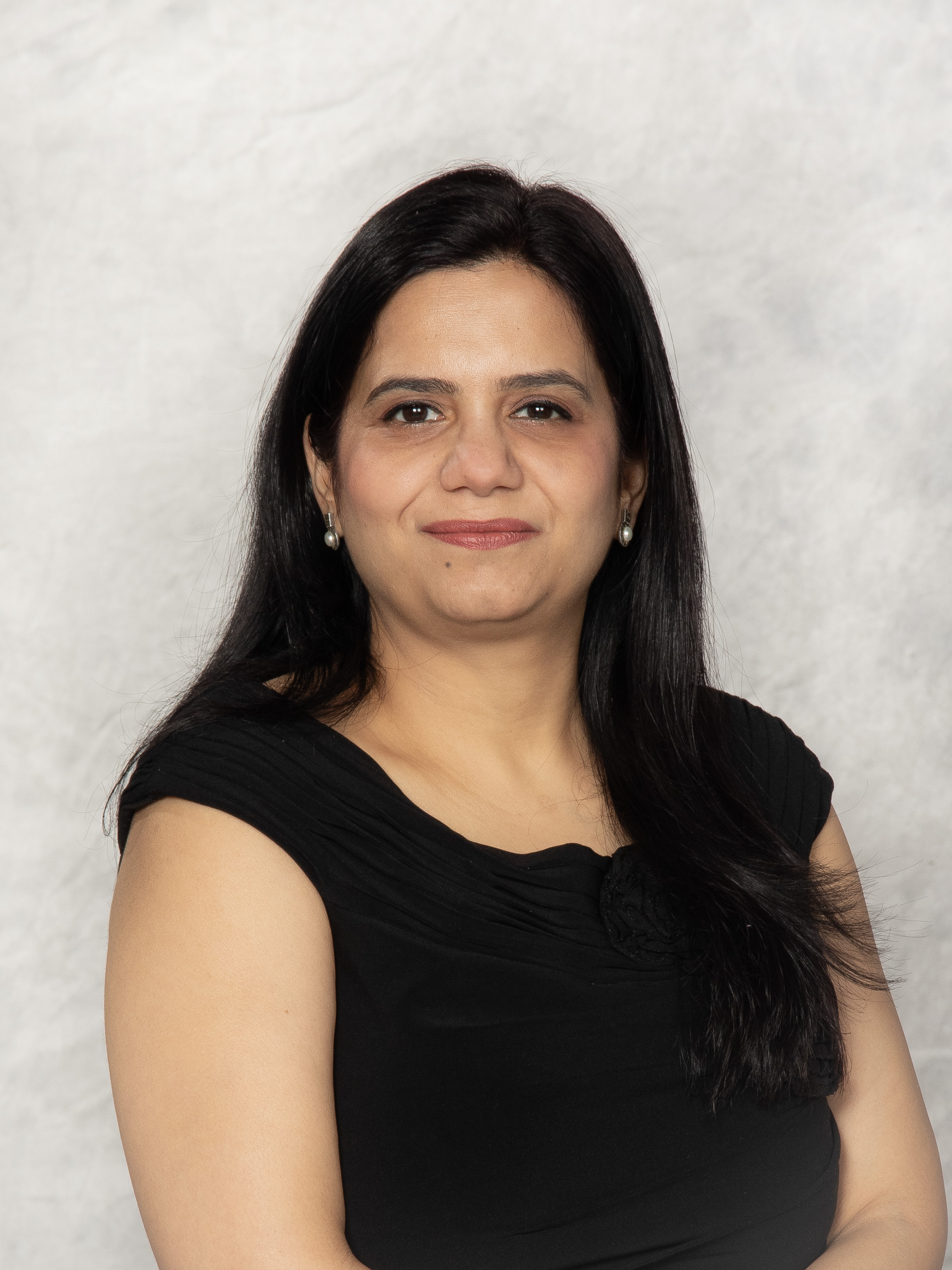DANVILLE, PA / ACCESS Newswire / July 2, 2025 / In the world of healthcare data, few professionals blend technical mastery with human empathy quite like Sangeeta Anand. With nearly two decades of experience across data analytics, systems architecture, and healthcare transformation, Anand currently leads initiatives that are reshaping long-term care and oncology insights across the U.S. From predictive modeling to revenue intelligence, her projects don't just handle data-they unlock decisions that impact lives. As healthcare systems undergo rapid digital transformation, Anand's voice offers both clarity and compassion. We sat down with her to explore her journey, her current work, and her vision for a future where data serves people first.

Q: Can you share a bit about your journey and what inspired you to enter this field?
A: I've always been drawn to patterns and puzzles. Growing up in New Delhi, I was fascinated by numbers-not in isolation, but in what they revealed. My father kept meticulous ledgers, and I found myself asking questions about what the numbers meant, not just what they added up to. That instinct carried through my mathematics degree and later my MCA. Early in my career, I worked on data migration and QA for financial systems, but I found my purpose in healthcare. Here, data isn't just business intelligence-it's life intelligence. The deeper I went into claims systems, clinical modeling, and patient-level analytics, the more I felt this was where I was meant to be.
Q: What are you currently working on that excites you?
A: At Continental General, I'm leading the business system transformation for Long-Term Care Insurance. It's an area that's deeply complex and traditionally underserved in terms of innovation. We're integrating data from care providers, insurers, and regulatory bodies to streamline everything from claims processing to risk assessments. What excites me most is how we're applying analytics to flag at-risk policyholders before issues arise, which has real implications for patient well-being. Before this, at Integra Health, I worked on oncology data models that supported early detection. Every time data enables a faster response or more personalized care, that's a win.
Q: How do you see healthcare data analytics evolving in the next few years?
A: I see a shift from passive reporting to active prediction. We're moving from dashboards that describe to systems that prescribe. Predictive models, real-time interoperability, and AI-powered triage tools are already reshaping care delivery. But there's also a critical need to humanize these tools. Data in healthcare isn't just technical-it's ethical. Issues like bias, consent, and explainability will define the next phase. Tools that balance precision with empathy will win. Also, patient-generated data-like wearable and behavioral data-will become core to modeling. The challenge is integrating it securely, transparently, and meaningfully.
Q: What major challenges have you faced, and what did you learn?
A: One consistent challenge is alignment-between technical teams, clinical stakeholders, and executive leadership. Everyone wants outcomes, but they speak different "languages." I've learned to be a translator-bridging SQL logic with patient impact, or turning regulatory jargon into system specs. Another challenge is data cleanliness. No amount of AI matters if your source data is flawed or siloed. One project taught me that spending 40% of your time on data validation is not a sign of inefficiency-it's a sign of maturity. You can't accelerate transformation without getting the foundations right.
Q: What advice would you give to professionals entering this space today?
A: Stay curious, stay ethical, and never forget the human in healthcare. Learn your tools-yes-but don't fall into the trap of thinking a model is the answer. Context matters. Collaborate often. If you're in analytics, go beyond the "what" and understand the "why" behind each field of data. And invest in communication. Your impact is only as strong as your ability to explain it to someone who doesn't speak your technical language. Also, never underestimate the power of mentorship-seek it and offer it.
Q: What's next for you, and what impact do you hope to make?
A: I want to build systems that don't just serve institutions-they serve individuals. That means doubling down on ethical AI, adaptive modeling, and patient-centered platforms. I'm exploring how behavioral data and health outcomes intersect-how we can use non-clinical signals to anticipate clinical risks. Long-term, I'd love to lead a center for healthcare data equity-something that ensures we're not just collecting more data but collecting better, fairer data. My hope is to make systems more transparent, more inclusive, and more compassionate. Because data should heal, not just inform.
Media details
Medium: https://www.linkedin.com/in/sangeeta-a-54753915b/
Email: anand.sangeeta.0110@gmail.com
SOURCE: Sangeeta Anand
View the original press release on ACCESS Newswire




